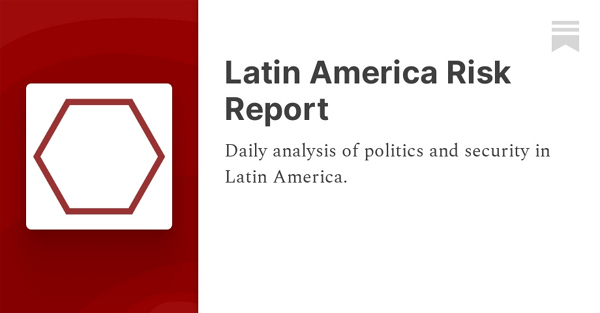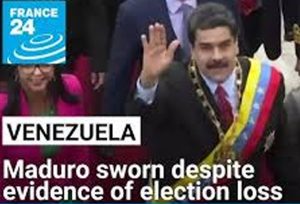True or not, rumors of dollar shortages in the country are translating to a potential economic challenge while the president faces corruption accusations from his own party.

For the past few weeks, Bolivia has faced rumors of an economic meltdown in the works. Those rumors, spurred by reports that there is a significant shortage of dollars in the country and that the Central Bank’s reserves are running low, remain unconfirmed. But as with any bank run, it could become a self-fulfilling prophecy if enough people panic.
The Central Bank of Bolivia (BCB) has strongly denied the rumors of low dollar reserves and has taken action to shore up confidence in the local markets. Edwin Rojas, the president of BCB, told state television network Bolivia TV that the high demand for dollars is “the result of speculation motivated by unjustified rumors” that there is a shortage of US dollars in Bolivia. Local media, especially in Santa Cruz, have reported that in recent weeks people have been unable to collect remittances in dollars (they could only do so in local currency). There were also reports that many banks and exchange houses were no longer selling dollars, and those that continued to sell dollars did so at a price higher than the official exchange rate. Questions are being raised about the country’s ability to pay back its bonds.
The BCB ordered private and public banks in the country to make their reserves available to inject foreign currency into the market and discourage speculation. They insist that the current exchange rate, set at 6.86 Bs per dollar, is accurate. Anyone buying dollars at a higher rate is losing money, and anyone selling dollars at a different rate is arguably manipulating public sentiment and panic to profit on currency arbitrage. On March 6, BCB announced it would sell dollars at the official exchange directly to the public given the high demand for foreign currency and the reports that some currency exchange houses were selling at different rates.
It’s hard to separate the economic panic in Eastern Bolivia from the political battles going on in the country. Late last year, the Bolivian government detained Santa Cruz Governor Luis Fernando Camacho, a major rightwing opponent of President Arce. In response, some business owners in Eastern Bolivia promised to shut down the economic trade between the two sides of the country to put pressure on the national government. One theory is that the current economic panic is being promoted by Arce’s political opponents in the East. However, those political opponents would suggest that Arce is simply avoiding blame for mismanaging the overall economy.
If it’s true that Bolivia’s economy is on the rocks, that would mark a serious break from the legacy of Evo Morales. Here is what we wrote about Bolivia’s economy in April 2019:
Evo Morales does not face the same problems of Venezuela and Nicaragua. Morales has run a generally orthodox macroeconomic policy that has allowed Bolivia to grow strongly and with relative stability during his term in office. GDP growth this year is expected to be around 4%. Bolivia’s currency is stable and inflation is relatively low. It remains one of the poorest countries in South America, but the standard of living has risen for a majority of the country’s citizens, particularly the urban poor in the West who form a key part of Morales’s base.
Speaking of Morales, tensions between the former president and current administration have also broken out into the open, creating yet another front in the political battles that Arce must face.
Morales lodged a series of corruption allegations against Arce, including accusations that suggest Arce’s son is being personally enriched by fuel purchases made abroad by the state oil company through generous commissions (as was the case with Hugo Chávez’s daughter in Venezuela). According to the complaint filed by Morales, YPFB (Bolivia’s state oil company) pays a commission of $300-$400 per cubic meter of imported gasoline or diesel, up from the commission rate of $13 dollars per cubic meter in 2021. These allegations are especially serious given the fact that if true, the Arce government would be paying overpriced commissions at a time when Bolivia is experiencing a serious economic crisis.
The two leaders have sparred before. In October 2022, Evo Morales issued a demand for Luis Arce to fire ministers, which Arce ignored. Additionally, the possibility for an internal MAS split is growing, as both Morales and vice-president David Choquehuanca are positioning to challenge Arce for the presidency in 2025. Any situation in which Arce is viewed as a worse manager of the economy than Morales makes it more likely he will face challenges from within.
The internal party tensions add to the pressures on Arce, but nobody from the MAS is going to win if Bolivia’s economy crashes. Arce and MAS will face much greater political woes if they cannot get a handle on speculation and rising dollar demand in the near term.












